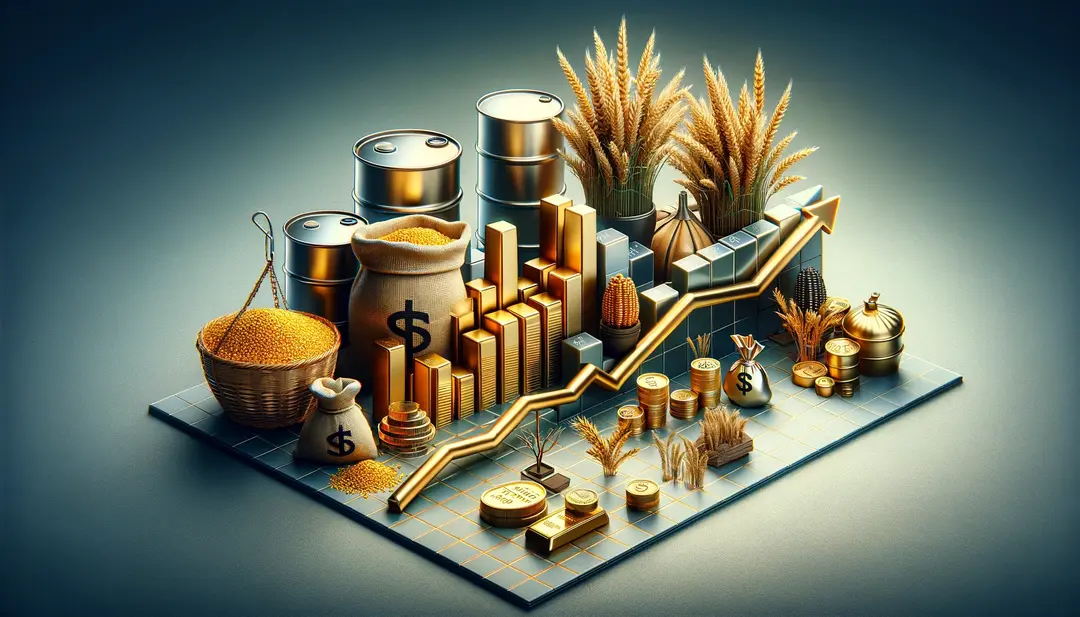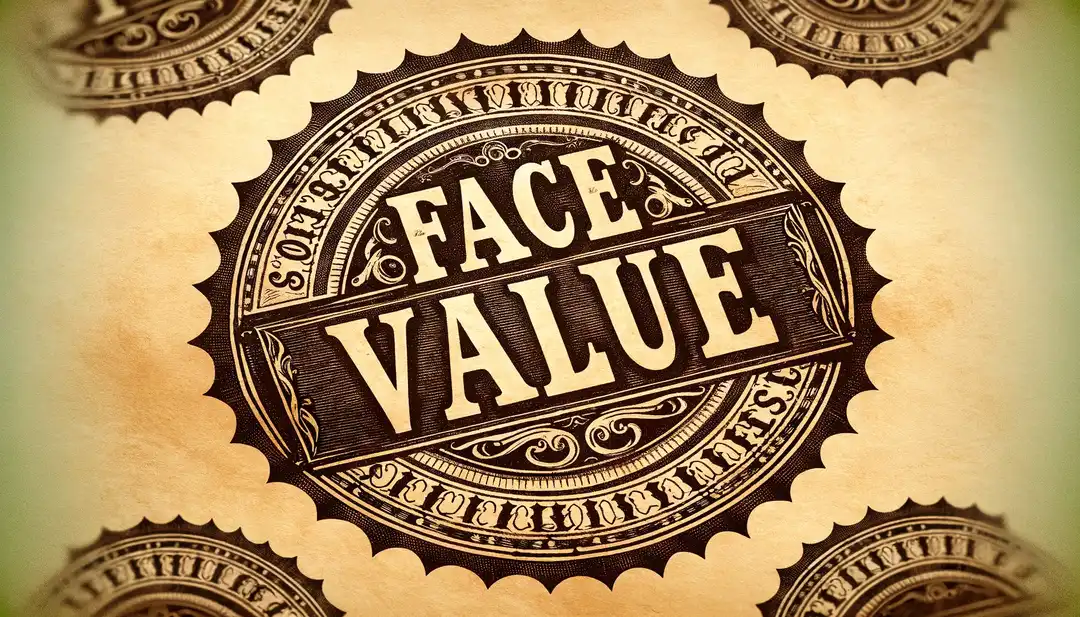March 04, 2024
MCX Uncovered: Exploring the Mysteries of Commodity Trading

Welcome, Market Explorers!
In the intricate tapestry of financial markets, the Multi Commodity Exchange of India (MCX) emerges as a pivotal thread, weaving together opportunities for traders, investors, and even the curious onlooker. Today, let’s demystify what MCX is and why it matters to you, looking to navigate the vast seas of investment possibilities.
What is MCX?
Established in November 2003, the Multi Commodity Exchange of India Ltd., or MCX, stands as one of India's leading commodity exchanges. It offers a platform for trading a diverse array of commodities, from precious metals like gold and silver to energy products like crude oil and natural gas, not to mention a variety of agricultural commodities such as cotton, spices, and grains.
Why MCX Matters
1. Diversification: MCX allows investors to diversify their portfolios beyond traditional stocks and bonds. By investing in commodities, you can potentially reduce risk and improve returns, especially during times when other markets are volatile.
2. Price Discovery and Transparency: MCX provides a transparent and regulated platform for price discovery of commodities. This transparency is crucial for farmers, traders, and industries to make informed decisions regarding their production, trading, and procurement strategies.
3. Hedging Against Inflation: Commodities often act as a hedge against inflation. As the cost of goods and services increases, the value of commodities traded on MCX usually rises, helping protect your investments from the eroding effects of inflation.
How Does MCX Work?
Trading on MCX involves buying and selling contracts based on commodities. These contracts come in various forms, including futures and options:
- Futures Contracts: Agreements to buy or sell a particular commodity at a predetermined price at a specified time in the future.
- Options Contracts: Offer the right, but not the obligation, to buy (call option) or sell (put option) a commodity at a specified price within a certain period.
Participants in the MCX market range from individual investors and commodity traders to large corporations using the platform to hedge against price fluctuations in essential raw materials.
How Can You Start Trading on MCX?
- Open a Trading Account: First, you’ll need a trading account with a broker registered with MCX. Research brokers to find one that offers the services, tools, and fees that match your needs.
- Educate Yourself: Before diving into commodity trading, understand the market's nuances. Many brokers offer educational resources and demo accounts to practice without financial risk.
- Monitor the Market: Keeping an eye on market trends, geopolitical events, and economic indicators is crucial as they significantly impact commodity prices.
- Start Small: Begin with a small investment to get a feel for the market’s dynamics before committing more significant amounts.
Like all investment avenues, trading on MCX comes with its set of risks, chiefly market risk due to price volatility of commodities. It's essential to approach commodity trading with a strategy, focusing on risk management and capital preservation.
The MCX offers a world of opportunities for those looking to step into the realm of commodity trading. Whether it's hedging, speculating, or diversifying your investment portfolio, MCX provides a robust platform to explore the commodity markets. As with any investment decision, doing your homework and proceeding cautiously can open the doors to potentially rewarding opportunities.
Remember, the journey of a thousand miles begins with a single step. Happy trading!



